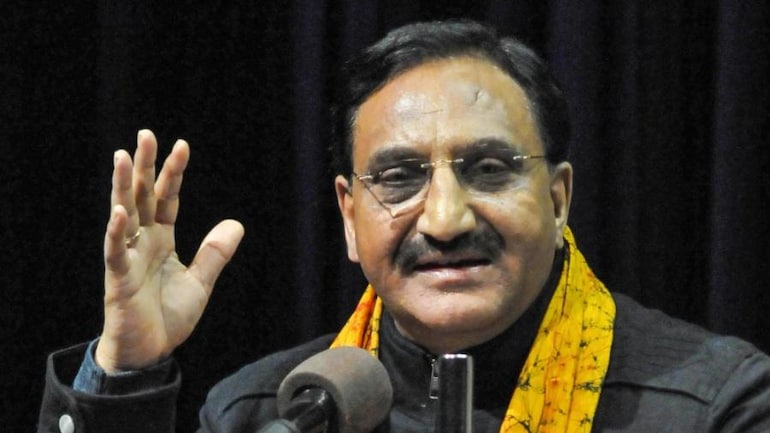Frontlist | A safety net: On Union Education Ministry's directive
Frontlist | A safety net: On Union Education Ministry's directiveon Jan 12, 2021

The pandemic has upended schooling, and the effort should be to help the hardest hit
The Union Education Ministry’s directive to the States to launch a mission to avoid large-scale dropouts in schools in the coming year, partly by relaxing the detention policy, should end the anxiety of millions of students about their academic prospects. Managing schooling during COVID-19 has been a challenge, with UNESCO estimating that at the end of 2020, about 320 million students were locked out of schools globally. South and West Asia are among the regions where students are at highest risk of not returning to schools and tertiary institutions, along with sub-Saharan Africa. Assessing the problem is key to planning for 2021. The Indian school education system remains top-down in making policy, which may not advance educational reform, but the vast administrative resources can be used to quickly assess the pandemic’s impact on students, teachers and schools. The pandemic year has thus far witnessed apprehensive governments keeping the majority of school instruction online, and treading carefully when it comes to reopening campuses. They must prioritise the door-to-door surveys needed to identify students who are not in a position to return to classes when schools reopen, and whose economic circumstances have changed due to the pandemic’s impact on their families. Clearly, the priority should be to draw up a database, to plan incentives that will prevent dropouts. Education continues to be covered by a cess on tax, and the funds could be deployed in 2021 towards this objective, through the Centre’s Samagra Shiksha scheme and other COVID-19 relief plans.
The irrevocable role played by examinations in determining the fate of students, who come from varied backgrounds and preparation, has long been criticised for its rigidity, and these arguments were raised afresh when the Centre removed the no-detention policy under the RTE Act a couple of years ago. In the year of the virus, asymmetries among groups of students stand aggravated, and any detention would be illogical and unjustified. Particular mention should be made of the situation for girls, whose enrolment in higher numbers has been achieved over the years with considerable effort, as well as children in less-urbanised States where access to schools is weak. When the pandemic had still not swept India in February last year, Education Minister Ramesh Pokhriyal said, among the reasons for children remaining out-of-school or dropping out were poverty, economic reasons, and ill-health. The economic factors have, over the past dozen months, been exacerbated by COVID-19, while the digital divide witnessed in online education became an unprecedented cause of deprivation. Moreover, vaccination cannot cover the bulk of the population quickly, and education can possibly achieve a semblance of normality only well into the next academic year. This is the time to create a safety net for education, letting no student fall through. Source: The Hindu
.jpg)
.jpg)
.jpg)
.jpg)
.jpg)
.jpg)

.jpg)

.jpg)
.jpg)

.jpg)
.jpg)
.jpg)










Sorry! No comment found for this post.